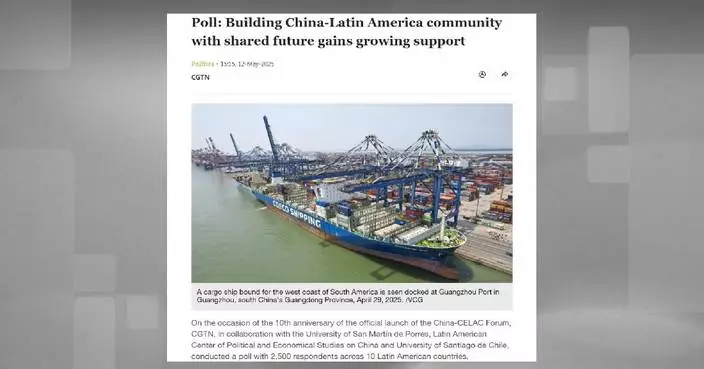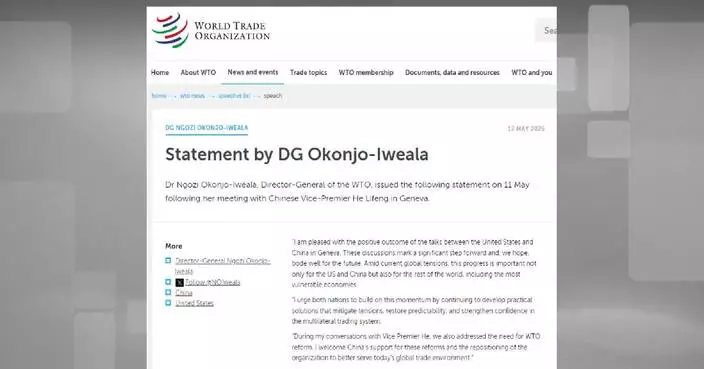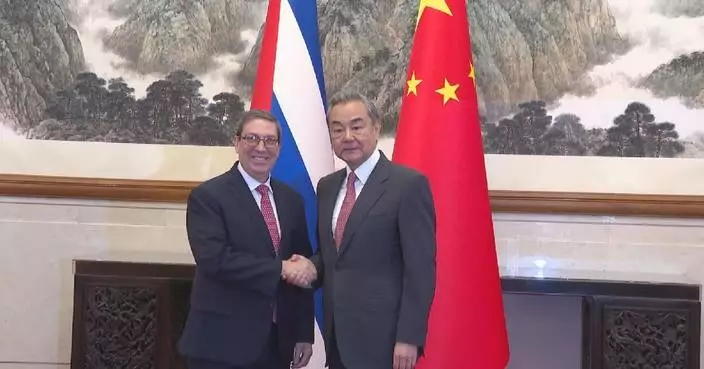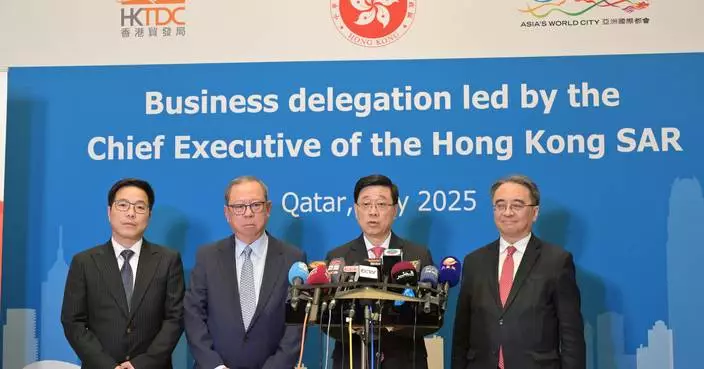The Federal Reserve is set to convene for a new round of interest rate meetings from Tuesday to Wednesday, and financial markets are abuzz with renewed expectations of a significant rate cut.
Market consensus currently points towards the Federal Reserve embarking on its first rate cut since March 2020. The ongoing debate revolves around the magnitude of this initial cut, whether it will be 25 basis points or 50 basis points. Major U.S. banks, including Bank of America and Goldman Sachs, stand in the 25-basis-point camp, while JPMorgan Chase anticipates a 50-basis-point cut.
Analysts advocating for a 25-point cut argue that current inflation rates remain above the Fed's 2 percent target and the month-on-month core inflation is higher than expected, signaling a need for caution.
On the other hand, those supporting a 50-point cut are primarily concerned about the labor market. Many investors and economists fear that the Fed's delayed action has put the U.S. labor market and economic growth at risk, leading to market volatility. To avert an economic downturn, there are calls for the Fed to act swiftly.
American economist Claudia Rae Sahm, currently serving as chief economist for New Century Advisors, is a firm supporter of a 50-point cut, saying there is already a well-established cooling trend in labor market.
After the September meeting, the next interest rate meeting is scheduled for November, with approximately seven weeks in between. Analysts suggest that negative developments may occur during this period, compelling the Fed to assess trends and preempt potential risks.
"Trend has been a little bit negative, whether you look at jobs or other mechanisms or parts of the economy reporting over the last several months. So it would be more of a method of trying to get in front of things," David Volpe, deputy chief investment officer Emerald Advisers warned.
The growing anticipation of a substantial rate cut by the Federal Reserve has also propelled international gold prices upward. Currently, December gold futures delivery has breached the 2,600 U.S. dollars per ounce mark. Goldman Sachs predicts that the upward trajectory of gold prices may extend into early 2025.

U.S. Fed likely to initiate first rate cut in four years





















































